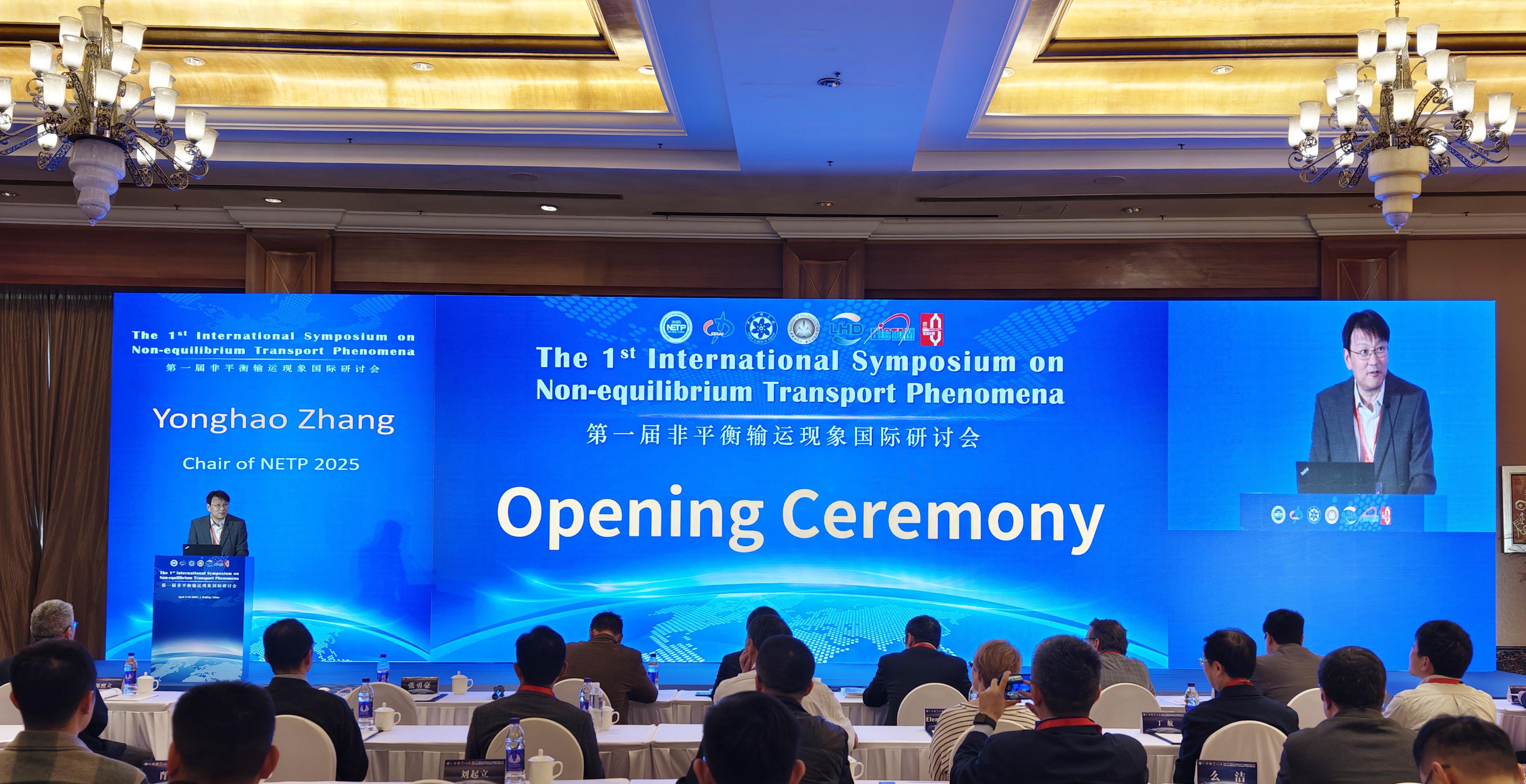Seven Innovations Could Save 2 Mln Mothers and Babies by 2030: Goalkeepers Report

A baby is held by his mother at a child health center in Somali. (PHOTO: VCG)
By Staff Reporters
The Bill & Melinda Gates Foundation released its seventh annual Goalkeepers Report this September, describing where innovation and investment can fuel progress, particularly in the fight against the global epidemic of maternal and child mortality.
Co-authored by foundation Co-chairs Melinda French Gates and Bill Gates, the report highlights new data that shows the potential of scaling up global access to seven innovations and practices that address the leading causes of maternal and newborn deaths.
“By making innovations accessible to those who need them most, two million additional lives could be saved by 2030, and six million lives by 2040. That's two million families spared an unimaginable heartbreak—and two million more people who can shape and enrich our world," said the report.
In respective essays, French Gates and Gates explained how the discovery of revolutionary information about maternal and child health in the last 10 years led to low-cost and easy-to-implement innovations and practices that prevent and treat deadly childbirth complications such as post-partum hemorrhaging, infections, and maternal anemia.
The report underscored the urgent need for action, as well as a renewed global commitment to ensure a more equitable and safe future for all by 2030. For mothers and babies, having access to the quality health care they need to live long and healthy lives will require policy changes, and more investment in women's health and healthcare workers, including midwives.
Seven life-saving innovations and practices highlighted in the report can be delivered by midwives and birth attendants in communities. They include a bundle of interventions that can reduce postpartum hemorrhage; bifidobacteria, a new probiotic supplement that, when given to an infant alongside breastmilk, combats malnutrition; multiple micronutrient supplements (MMS) that boost survival rates for babies; a new one-time infusion of IV iron for women that replenishes iron reserves during pregnancy; antenatal corticosteroids (ACS), which are given to women who will give birth prematurely to accelerate fetal lung growth; azithromycin, which reduces maternal infections during pregnancy and prevents infections from spiraling into sepsis; and an AI-enabled portable ultrasound that empowers nurses and midwives to monitor high-risk pregnancies in low-resource settings to ensure that risks are diagnosed and addressed early.
"The world has come so far, so quickly in our understanding of how to save the most fragile lives," said Mark Suzman, CEO of the Gates Foundation. "Together, we can translate that knowledge into tangible progress—by supporting countries to access the highest-quality products known to save a mother's and a baby's life, by investing more in the research and development of new lifesaving tools and approaches, and by ensuring women have agency over their health care throughout their entire journey to motherhood. The world can and must do more to achieve a healthier, more prosperous, and equal world."







